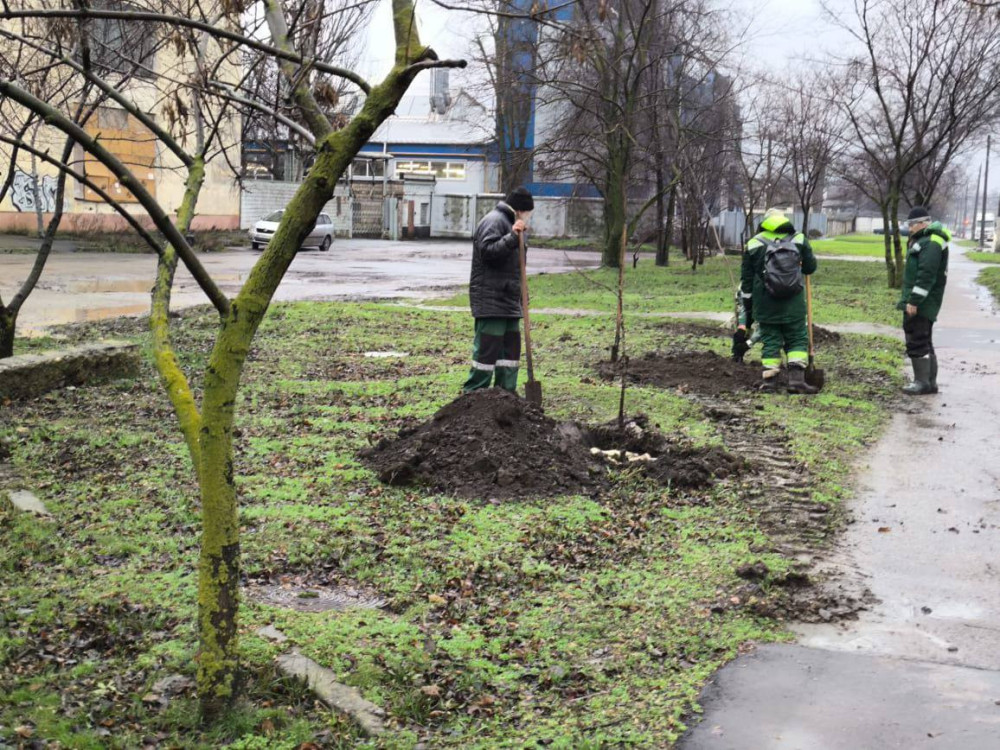In the first three months of the year, 208 laboratory-confirmed cases of rabies in animals were reported. Of these, 96% were related to wild predators. During the same period, 896 people sought medical attention after bites, most of which were caused by stray dogs and cats.
In 16 instances, citizens had contact with animals that tested positive for the rabies virus. All of these individuals received rabies vaccinations, preventing the onset of the disease.
One of the complicating factors is the ongoing conflict. This has led to the active migration of wild animals from temporarily occupied territories, including into the Odessa region. This results in an increase in the population of unvaccinated and feral animals, posing additional risks to the public, pets, and the environment.
In light of this, local governments and district administrations are urging the implementation of comprehensive measures based on the 'One Health' principle. Such actions are outlined in the Comprehensive Plan for the Prevention and Control of Infectious Diseases for 2023–2028, which addresses diseases common to animals and humans.
Key areas of focus include controlling stray animal populations, enhancing veterinary oversight, conducting preventive vaccinations, and engaging in public awareness campaigns.







